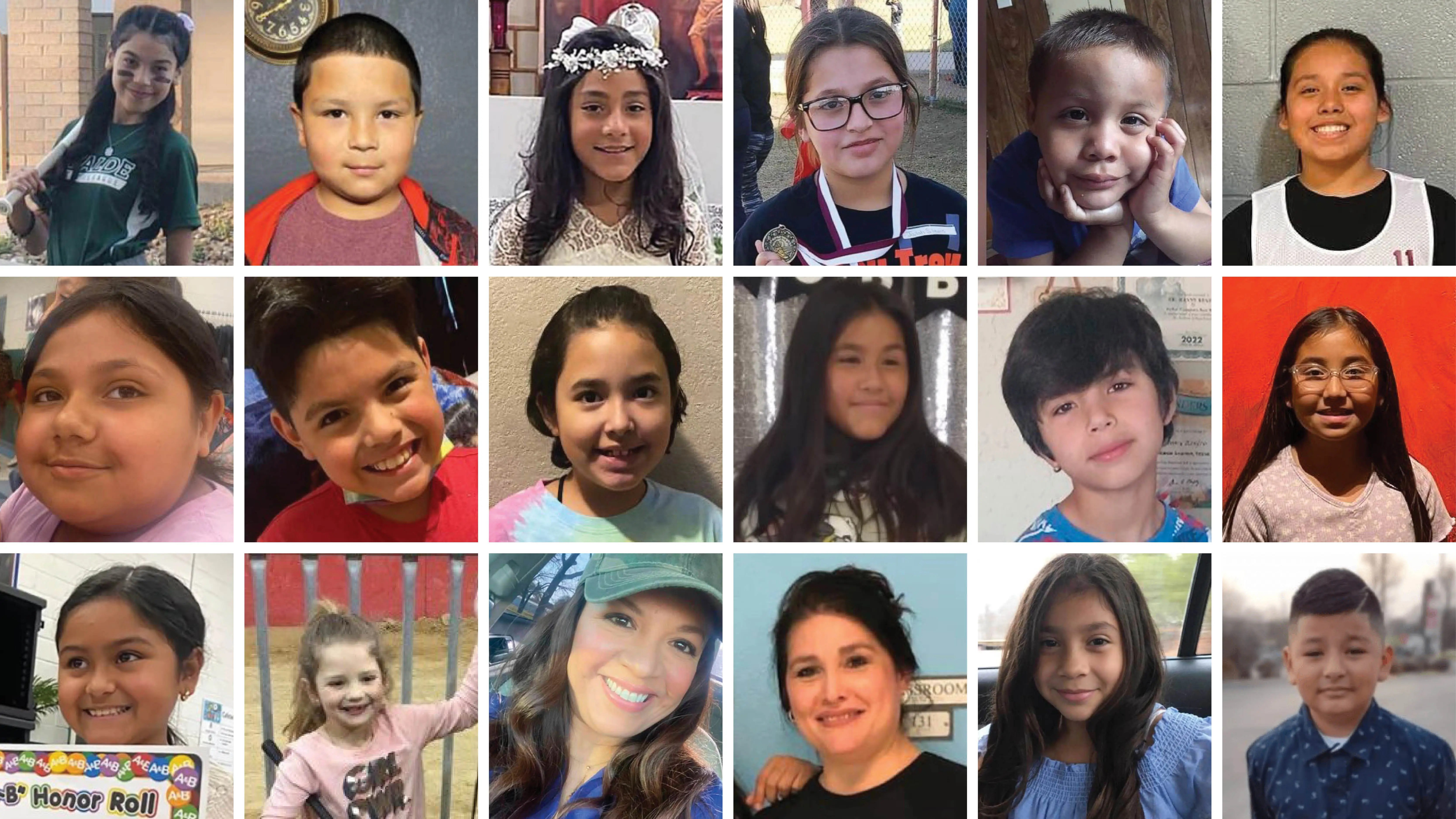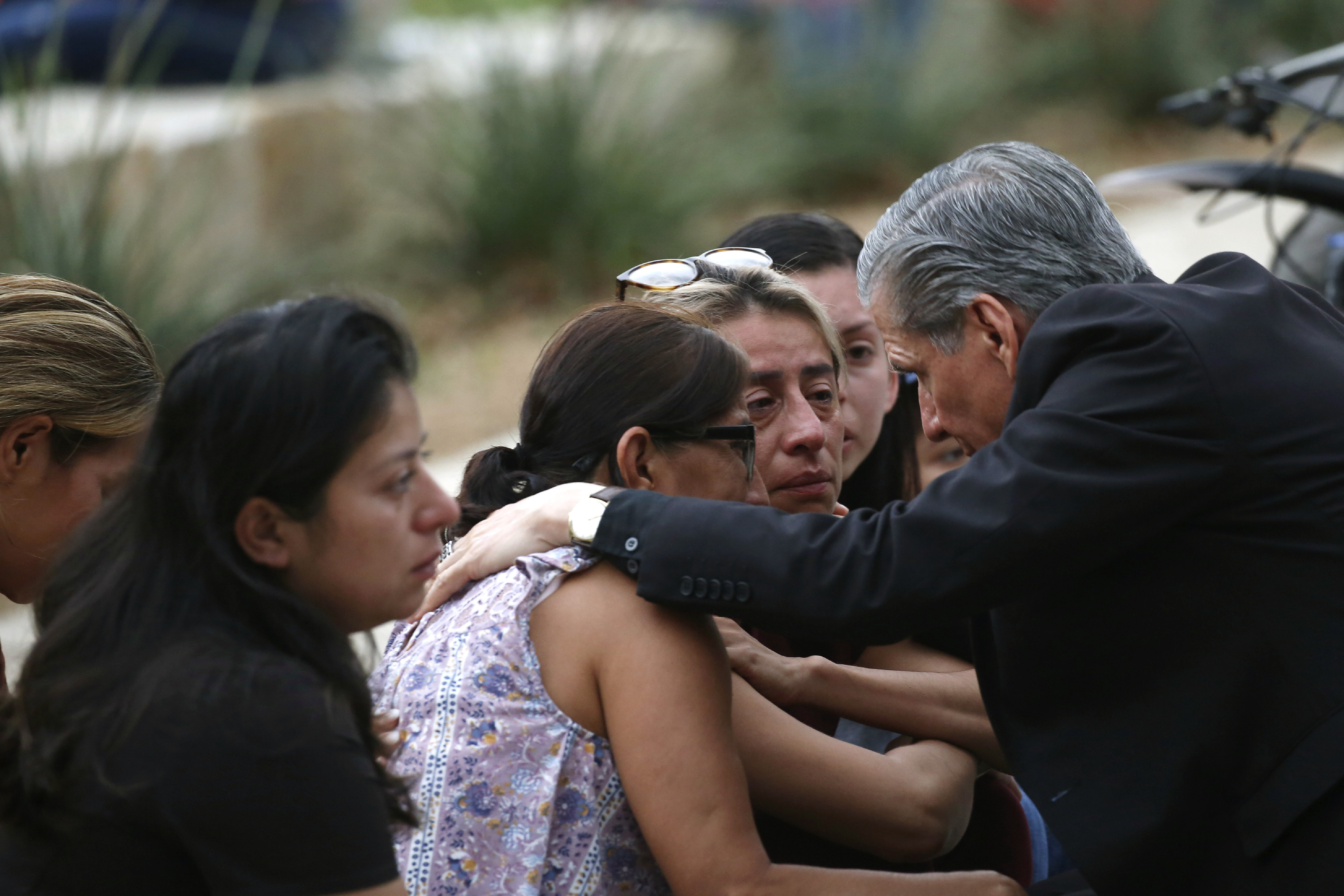
A day after at least 19 children were murdered at a school in Uvalde, Texas, communities across the country are grappling with how to keep children safe and talk to them about the shooting.
A parent's anxiety can be passed on to children, resulting in a physical response. Clinical psychologist Dr. Natalie Alexis said parents need to listen to their children, validate their feelings and have an honest conversation.
"When a child undergoes stress, especially for younger kiddos, they oftentimes don’t have the words to express what they're feeling so they might internalize some of that stress and we know stress has an impact on our bodies," Alexis said.
Stress can bring about stomachaches, headaches and trouble sleeping for young children, according to Alexis, if they aren't able to process their emotions.
Dr. Rachel Merson, the clinical director of the Child Adolescent Fear and Anxiety Treatment program at Boston University, offered advice to parents who are having these difficult conversations with their children at home.
"We don’t, as parents, need to provide lots of details but opening up a channel for conversation through some open ended questions can help kids feel more confident and comfortable," Merson said.
Research shows that in difficult situations, it’s often parents who are more anxious than their children, which is why Merson said it’s vitally important for parents to manage their own emotions.
"Kids will pick up on the fact that adults around them feel uncomfortable and something is unsafe and that will trigger a child’s anxiety more than just seeing something on the news," Merson said.
Feeling out of the loop? We'll catch you up on the Chicago news you need to know. Sign up for the weekly> Chicago Catch-Up newsletter.



